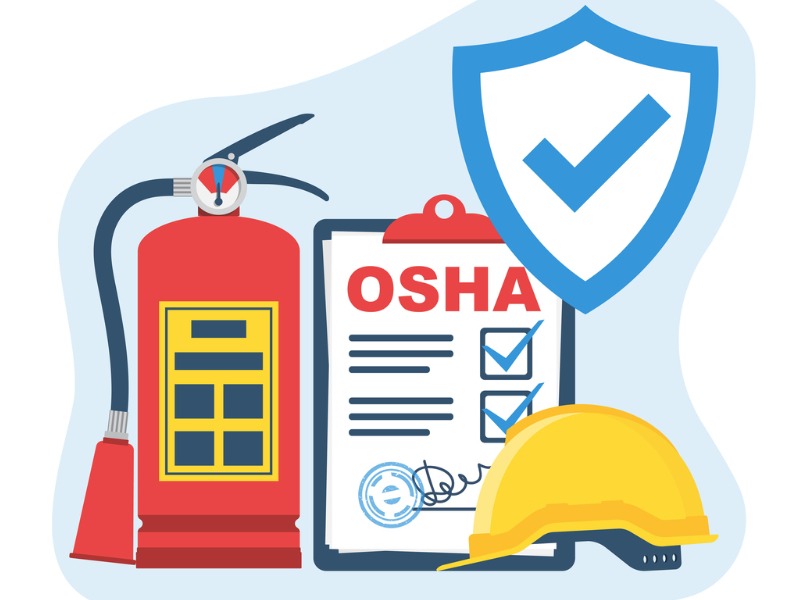Who is Exempt from OSHA Regulations?
Occupational Safety and Health is a multi-dimensional field that addresses people’s safety, health, and well-being in different workplaces. It aims to maintain a healthy and safe working environment for all stakeholders.
The Occupational Safety and Health Administration (OSHA) is a federal regulatory agency. Its task is to ensure workplaces across the United States remain safe and healthy for everyone involved. It comes under the US Department of Labor (DOL) jurisdiction.
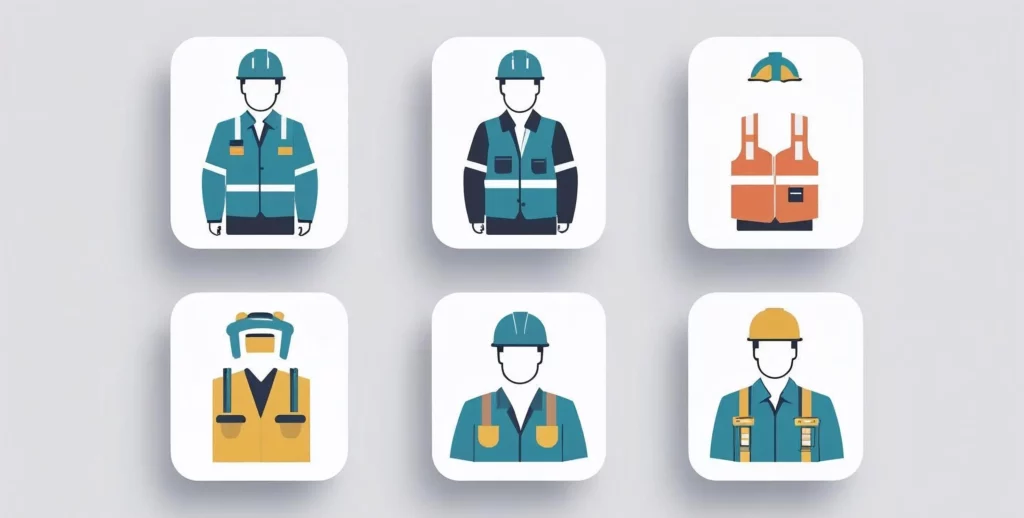
Most offices, factories, and other workplaces follow OSHA regulations as a legal requirement. In addition, they also prefer those employees who have obtained their OSHA 10-Hour and OSHA 30-Hour cards since being properly trained gives you preference over other employees.
However, there are some exemptions to these rules.
OSHA Regulations for Self-Employed Workers
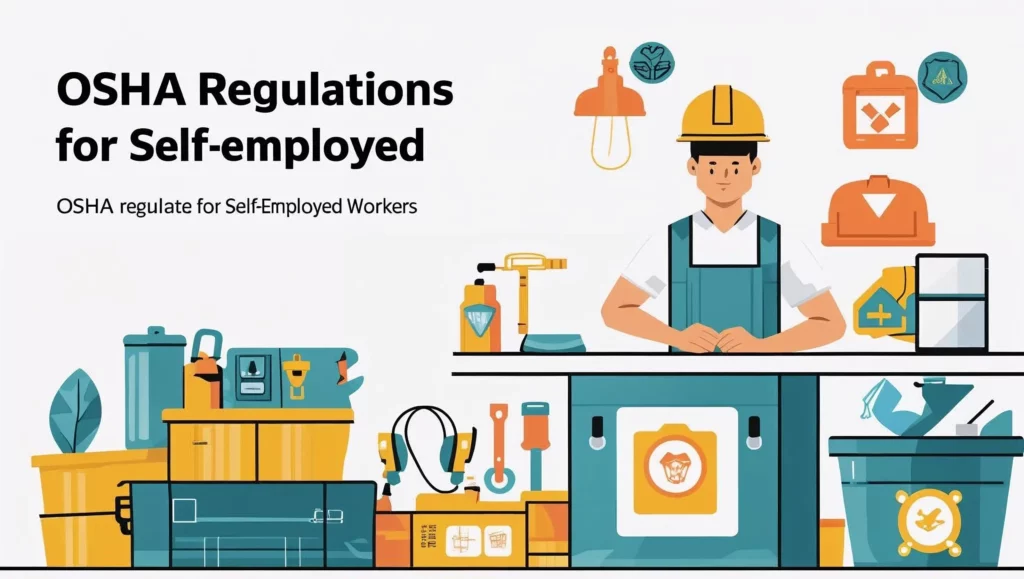
OSHA regulations define the term “employer” as someone who runs an enterprise and has hired at least one person as an employee. Hence, OSHA does not cover self-employed people working as sole proprietors. However, when a sole business begins employing another worker, it becomes subject to these regulations. It is true even if it is not a formal business entity, like a corporation or an LLC. So does OSHA only protect employees? The answer is yes.
Employers with Ten or Fewer Employees
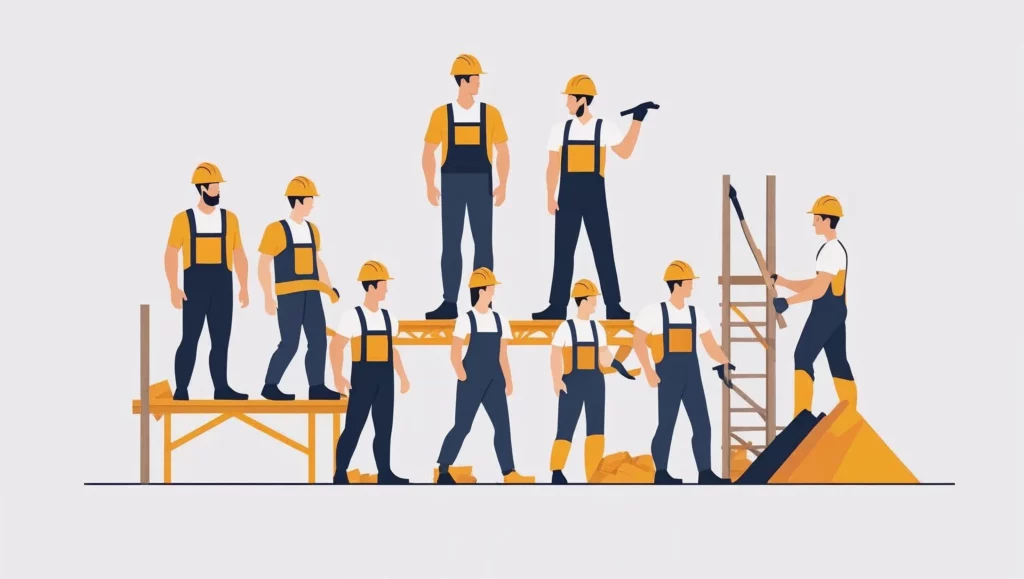
Small enterprises with ten or fewer employees are exempt from OSHA record-keeping requirements. They can follow other larger organizations’ extensive record-keeping requirements. They only need to keep injury and illness records if OSHA asks explicitly for this data to be provided. These enterprises have to notify OSHA of any injuries or deaths that may have occurred at their premises.
However, exemptions to OSHA regulations do not apply to Covid-19 cases. Therefore, all employers, big or small, must report confirmed COVID cases among their workforce to OSHA. The guidelines for reporting such cases are:
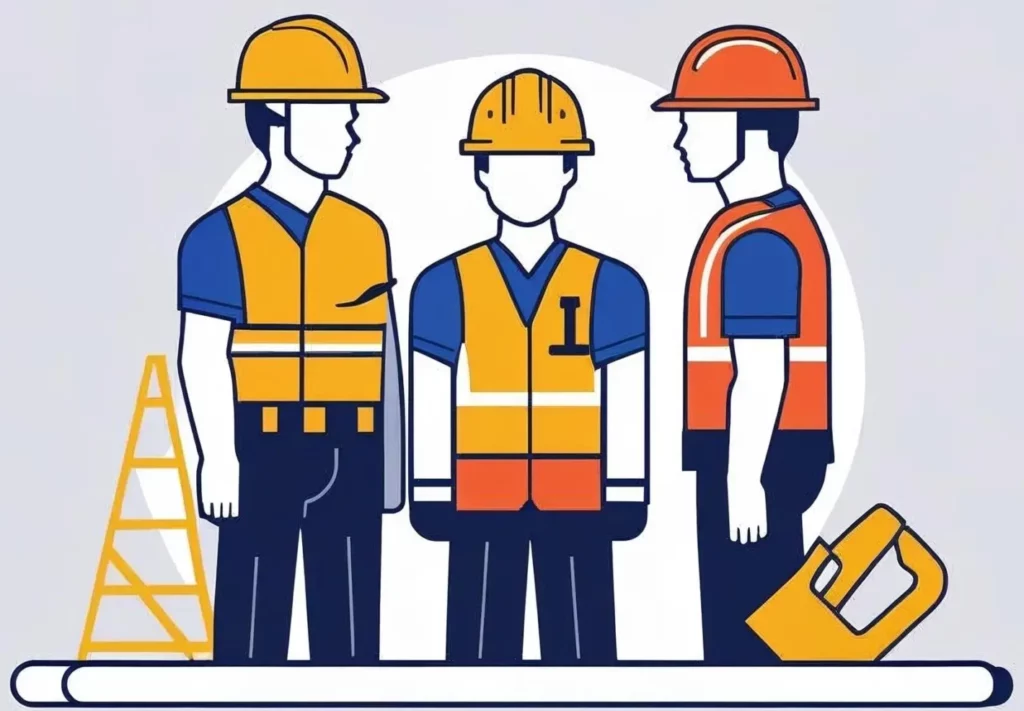
If there is a confirmed Covid case, as per the Centre for Disease Control (CDC)

The employee contracted Covid during duty.

If the employee did one or more of the following: took days off from work, did restricted work or transferred to another job, became unconscious, required medical attention beyond basic first-aid, or passed away due to Covid.
Industries Regulated by the Federal or State Governments
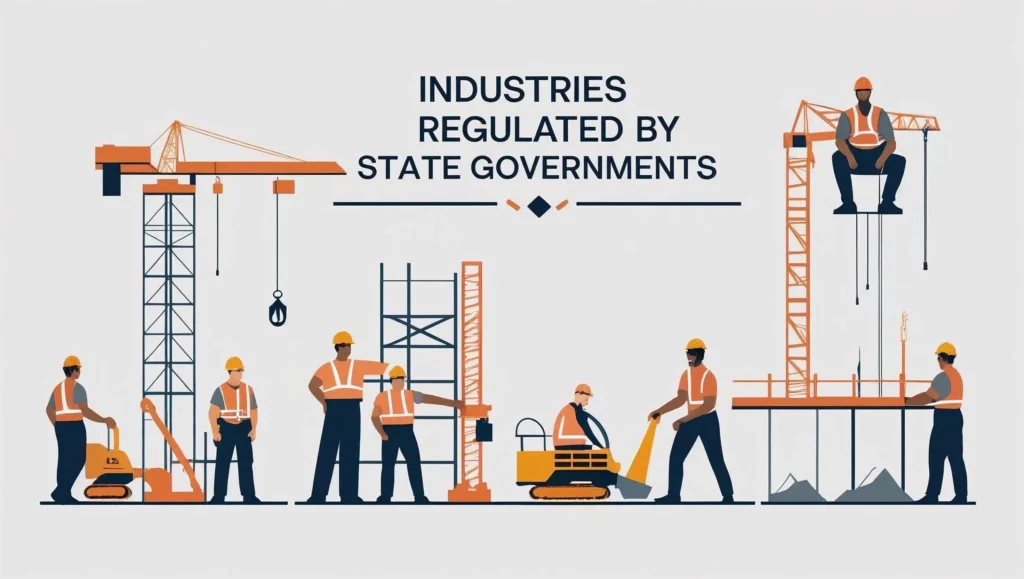
Federal or state governments regulate many industries in the United States. These include the mining and nuclear power sector, amongst others. Such initiatives are exempted from OSHA regulations. These industries are so heavily regulated by other federal and state government agencies that they do not need to subject them to OSHA regulations. Therefore, firms in these industries do not operate under OSHA. State government workers are also exempt from OSHA regulations. Different states have occupational safety and health regulations for state government agencies and departments.

